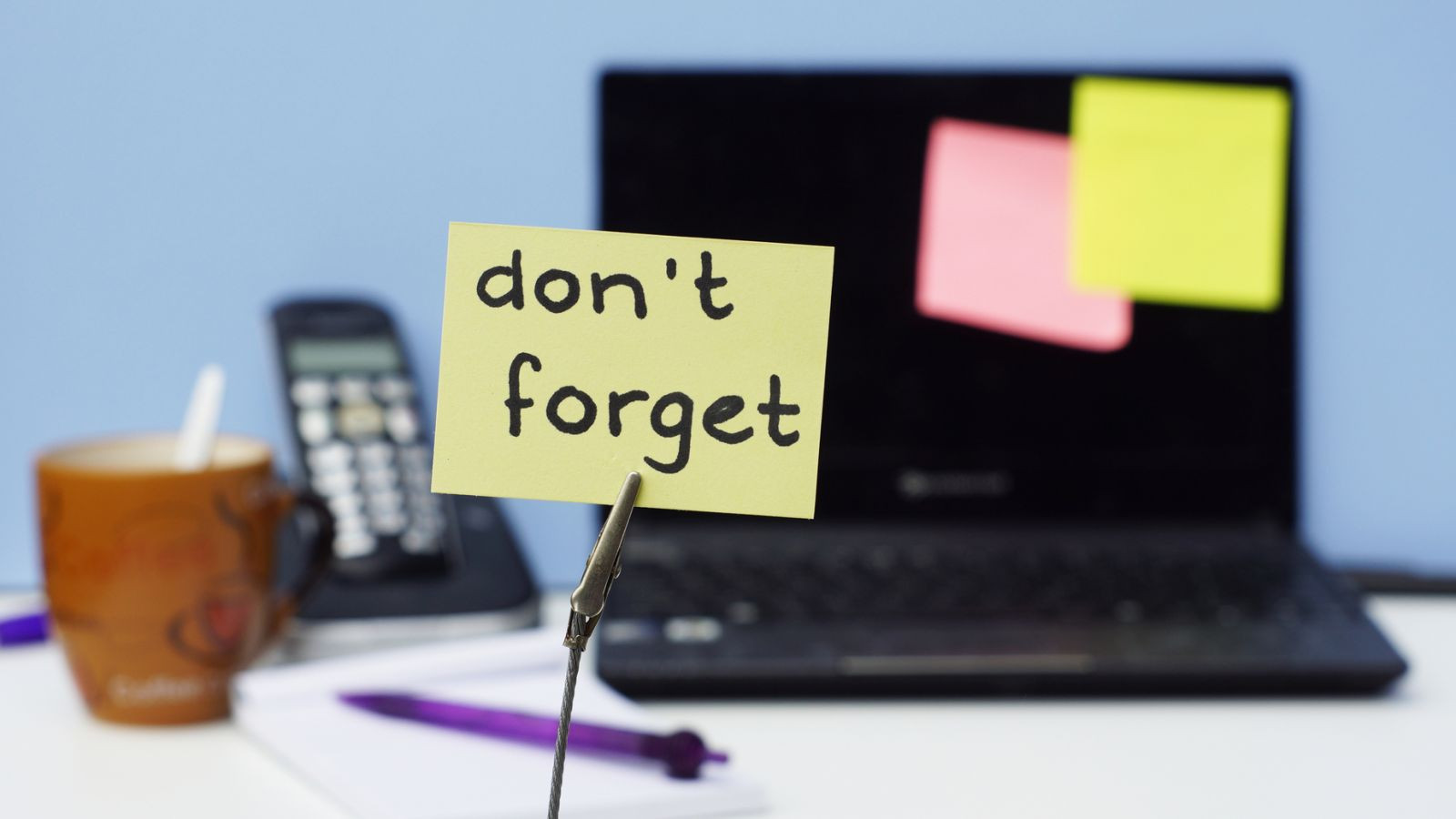Memory slips? Consider these seven common causes of forgetfulness
Ask these questions to get to the root of the problem.

Do you think you've been having more memory slips than usual lately? Annoying but essentially harmless age-related memory impairment is common, but pinpointing the cause isn't easy. Start by considering common and often reversible causes of memory problems. This could lead to a more productive discussion with your physician.
"Anyone concerned about memory should talk with a doctor for further evaluation," says Dr. David Hsu, a geriatric psychiatrist with the Center for Alzheimer Research and Treatment at Harvard-affiliated Brigham and Women's Hospital. "Having an honest discussion about memory and getting tested may help open up discussions about other areas of health too."
|
1. Are you fatigued?
Simple fatigue can dull your memory, and the root cause may be a medical condition. Everybody gets pooped out from time to time, but persistent, serious fatigue is not normal. It's possible that an existing medical problem needs more attention or that an evaluation for a new condition is warranted.
2. What medications do you take?
Medications can affect memory—especially those that cause sedation. Common medications that affect memory are tranquilizers, antidepressants, medications for urinary problems, and over-the-counter sleep aids.
3. Are you getting enough sleep?
There is no question that lack of restful sleep can also make you more forgetful. It's important to figure out the nature of the sleep disturbance, which determines the remedy. Do you have trouble falling asleep or staying asleep? Do you sleep a normal period of time but still feel tired and unrefreshed the next morning? Tell your doctor.
4. Are you exercising regularly?
It's obvious that a physical workout that gets your heart pumping and oxygen-rich blood flowing to the brain leaves you alert and mentally sharper. Studies have also found preliminary evidence that regular, moderate exercise stimulates brain regions involved in memory function. That may explain why people who exercise regularly experience less memory loss with aging, although
research on this question is ongoing.
5. Are you stressed out?
Mood disturbances can also have a big impact on memory. For example, persistent and bothersome stress or anxiety impairs memory because it makes it harder for you to concentrate and lock new information and skills into memory.
6. Are you depressed?
Memory impairment is a common symptom of clinical depression, along with sadness, lack of drive, poor concentration, and less pleasure in things that you ordinarily enjoyed. If you have any signs of serious depression, talk to a doctor.
7. How much alcohol do you drink?
Alcohol reduces memory performance. At the same time, tolerance for drinking may drop with aging, so consider cutting back a bit if your typical alcohol intake leaves you impaired.
Adjusting expectations
Dr. Hsu notes that a perceived change in your memory performance may simply be due to the well-documented slowdown in thinking speed with aging. Give your brain a break, and take a little more time to recall facts and to commit new ones to memory. Getting frustrated with memory slips won't make them stop; actually, it could make it harder to remember things.
Disclaimer:
As a service to our readers, Harvard Health Publishing provides access to our library of archived content. Please note the date of last review or update on all articles.
No content on this site, regardless of date, should ever be used as a substitute for direct medical advice from your doctor or other qualified clinician.











 Top tips to aid your memory recall
Top tips to aid your memory recall
